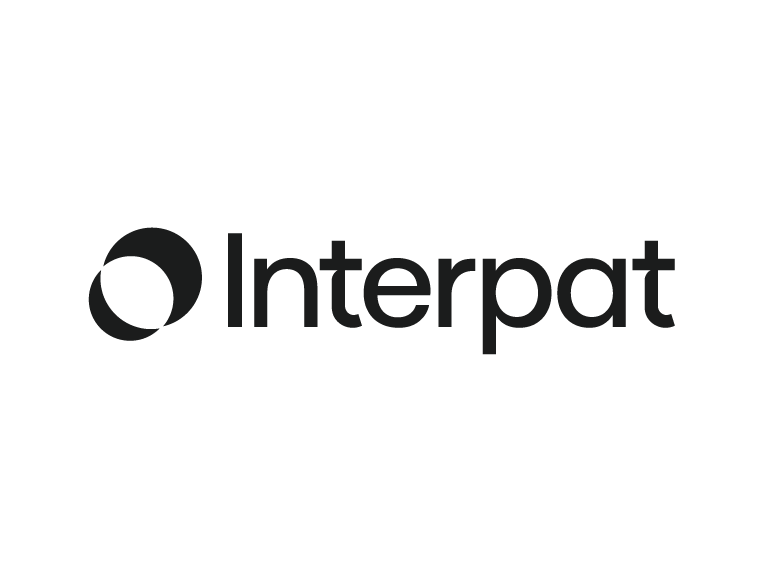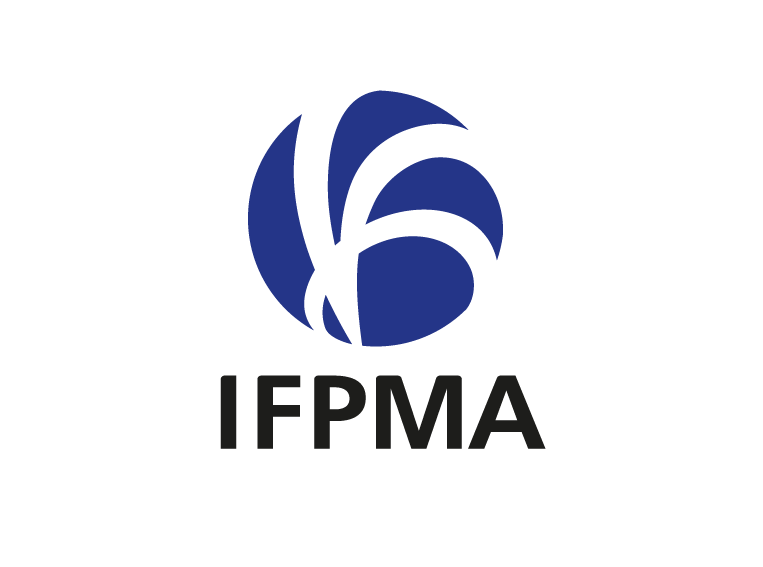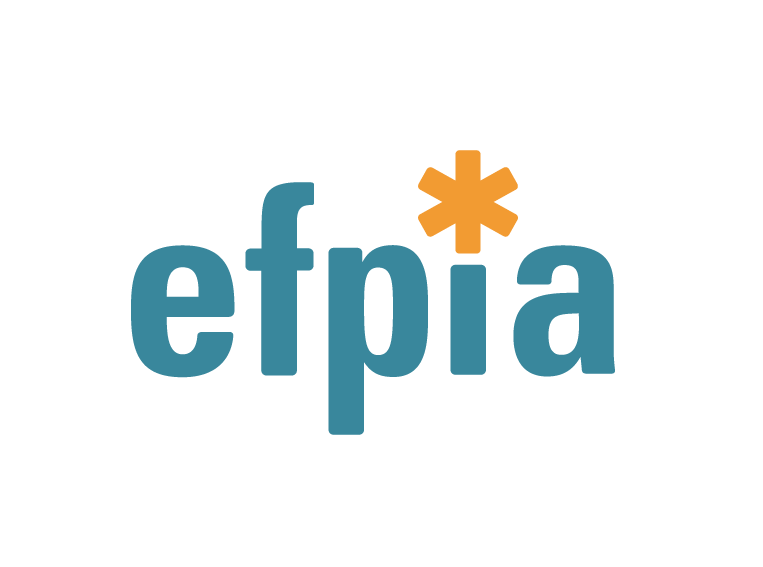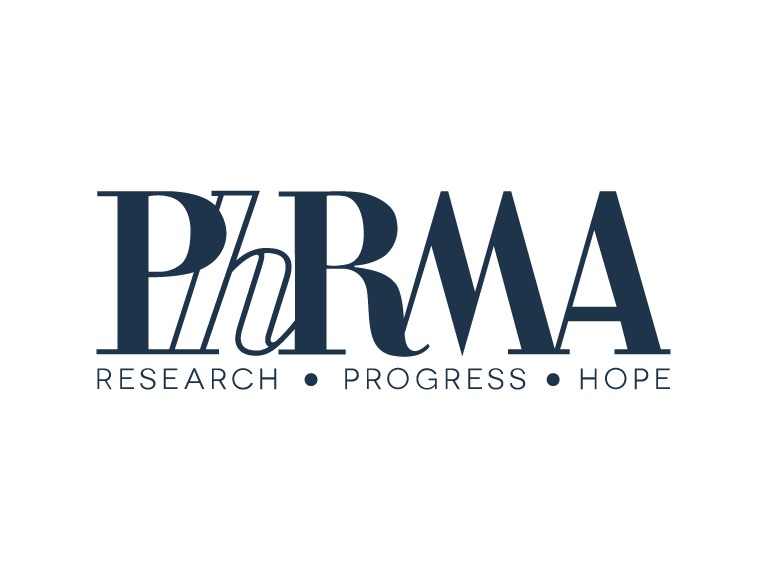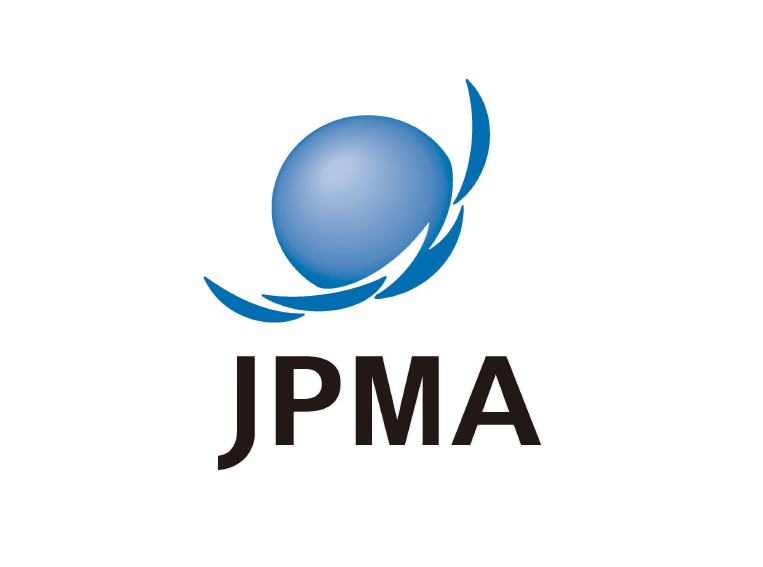IP Pact
The creation of new diagnostics, treatments and vaccines is vital to enhance the health of people around the world and depends on a dynamic and thriving research ecosystem. We know from over a century of experience that intellectual property (IP) is the cornerstone of that ecosystem. Robust standards of IP protection enable breakthrough medical innovation, facilitate access to today’s medicines and vaccines, and enable sustainable investment into the cures of tomorrow, so that patients living with a disease can look forward to a brighter future.
Our success in inventing, developing and delivering medicines and vaccines to help patients live longer and healthier lives depends upon the continued adoption, effective functioning of, and support for the IP system. Its responsible use promotes scientific and technological progress for people, for healthcare systems and for society as a whole.
As a group of leading, innovative, global biopharmaceutical companies we are pleased to share the following principles that guide our approach to IP, keeping the needs of patients at the heart of what we do.
The 10 principles

Principle 1
Patient and societal benefit guide our approach to Intellectual Property
The core purpose of biopharmaceutical innovation is to save and improve the lives of patients.
As innovative biopharmaceutical companies, it is our mission to make a positive contribution to patients’ lives and advance modern medicine by researching, inventing, developing and delivering innovative medicines and vaccines to all patients who need them.
We believe that intellectual property is a key facilitator of medical progress and we are committed to patient and societal benefit as guiding principles in our IP practices

Principle 2
We support initiatives to ensure patent quality, which help advance biopharmaceutical innovation
We support the patent system’s central goal of incentivizing innovation in all its forms to promote scientific, technological and human progress and enhance social welfare.
We also support the longstanding internationally recognized standards developed in furtherance of that goal, which require that all inventions demonstrate novelty, inventive step, and utility in order to be entitled to a patent. We further supportinitiatives to ensure patent quality through measures that aim to provide patent offices and examiners with sufficient resources and capabilities to correctly apply these requirements.
With this in mind, we seek and enforce patents for inventions that we, in good faith, believe meet these standards.

Principle 3
We use IP rights to facilitate collaboration, and to enable partnerships that advance global health
We believe that successful global partnerships and collaboration among different stakeholders facilitate our shared goal of improving the lives of patients worldwide.
We rely on IP rights regularly as a tool to create dialogue and advance these relationships and objectives. IP helps to bring together the right parties with the right assets, and share their experience and expertise to address a given challenge. It further provides legal certainty, thus creating the conditions necessary for contributors to confidently share their technologies, know-how and other intellectual assets to the maximum extent possible, without compromising their ability to continue to invest in future innovation and collaboration.

Principle 4
We use our patent rights in a manner that encourages effective and fair competition between innovators for the benefit of patients
We believe a robust patent system encourages effective and fair competition between innovators, which incentivizes innovation and delivers more choices for patients.
We commit to continually acting in a responsible and proportionate way when protecting our inventions and resolving our patent disputes, recognizing benefits to patients in the availability of different innovative medical treatment options.

Principle 5
We believe that accessible patent information promotes scientific progress and helps improve the procurement of medicines, and we support voluntary initiatives that advance these goals
We believe that society benefits from the disclosure and dissemination of the information contained in patents and patent applications. Patent information is an important contributor to our common scientific and technological knowledge; it teaches others how to practice inventions in the field and promotes the further advancement of technology.
We further believe that information about the patent status of medicines helps to make their procurement more efficient and certain, facilitating access to medicines for patients.
To help advance these goals, we commit to support voluntary and meaningful initiatives that make information about patented medicines more easily available and accessible, and improve the public understanding of the global patent status of approved medicines. We work with relevant partners to promote the use of patent information for the benefit of humankind.

Principle 6
We act responsibly and professionally in our patent proceedings, and seek timely resolutions to enhance certainty for all stakeholders
We believe believe that patent disputes should be resolved without undue delay, and in ways that provide enhanced legal, market and business certainty for the parties involved. This ultimately benefits regulators, national health systems, and patients.
We commit to continue acting responsibly, ethically and professionally during the course of all proceedings concerning the securing, enforcement and defense of patents.

Principle 7
We believe that generic and biosimilar medicines are important for sustainable health systems, and that certain activities related to seeking regulatory approval should therefore be exempt from patent infringement
We believe that generic and biosimilar medicines play an important role in the sustainability of health systems and the promotion of a healthy innovation lifecycle.
To that purpose, commit to continue supporting appropriate exemptions from patent infringement for activities related to seeking regulatory approval, that facilitate efficient approval while preserving the integrity and function of the patent and regulatory review systems.

Principle 8
We believe that a meaningful and well- defined experimental use exemption is consistent with the goals of the patent system
We embrace the patent system’s goal of promoting scientific, technological and social progress. We believe that goal is substantially achieved through the disclosure and publication of scientific and technical knowledge in patent documents, and through the role that the system plays in incentivizing research, development and dissemination of patented technologies that improve lives, including innovative medicines and vaccines.
We support well-defined exemptions from patent infringement for activities that constitute solely bona fide experimental use and preserve the integrity and function of the patent system, and are consistent with international agreements.

Principle 9
We believe that advancing public health depends on robust IP rights as well as collaboration among stakeholders, and may call for tailored uses of our IP where these add value for patients
We believe that a strong IP system advances public health. We know from experience that it does so not only by incentivizing the development of new medicines and vaccines, but also by enabling our companies to invest in local communities and health infrastructures, for instance by conducting local clinical trials and partnering with local companies, which facilitates access to medicines and enables improved health outcomes.
We recognize the importance of our contributions to global health and we are committed to using our expertise, capabilities and innovative capacity to deliver treatments that save and improve lives.
We further believe in the importance of partnering with each other, governments and other stakeholders to tackle global health challenges. This includes companies’ consideration of mechanisms such as voluntary licensing and non-assert policies, when and where these add value for patients. There may also be extraordinary circumstances, such as during pandemics, where our role is even more critical. In those circumstances, we are fully committed to intensifying our efforts and our collaboration with all stakeholders to address these urgent challenges.

Principle 10
We approach IP in the world’s poorest countries in ways that take into account their unique socio-economic challenges
We believe believe that all countries, including Least Developed Countries (LDCs), stand to benefit from the implementation of the TRIPS Agreement and effective IP regimes.
However, we recognize the unique level of economic development and specific socio-economic challenges faced by these countries. Therefore, we support a time-based transition period for LDCs to meet the TRIPS standards while they focus on overcoming these structural challenges and work towards implementing the necessary framework to protect and enforce IP.
We will also continue to engage in approaches to IP in Least Developed Countries that take into account their unique challenges. These may include voluntary licensing, non-assert policies or selective approaches to filing, in addition to supporting capacity-building initiatives which can foster a dynamic local innovation ecosystem.


























